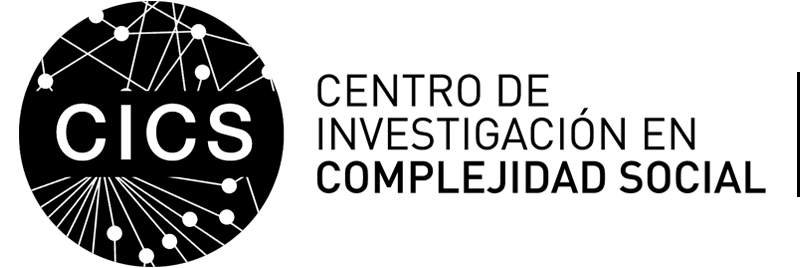“Breaking away from the principle that ‘the other’ is an enemy, is a change of mentality that we have to do” says CICS Researcher
Wednesday, 17 October, 2018 | NEWSAn outstanding participation had the director and academic of the eResearch Center for Social Complexity (CICS, as its Spanish acronym), Carlos Rodríguez-Sickert, in a new episode of the CNN TV program “Por la Razón y La Ciencia”, which aims to educate students and, at the same time, to encourage an approach to sciences for ordinary people.
Rodríguez-Sickert took part in the 8th chapter entitled “Nuevo Humano” (new human), focused on the characteristics men and women will have during the next years, what kind of person we should build up in future, how much we have changed due to technology and, above all, to understand the role of cooperation in an increasingly individualistic society.
In this sense, the participation of Carlos Rodríguez-Sickert was focused on explaining the importance of this role, whose basic structure, “is a reciprocal structure where I help ‘someone’ and that ‘someone’ will help me. That is the mechanism for (cooperation) to work”, he said. Carlos added that an initial level of confidence is necessary, but “if the generalized practice is to distrust a priori, this virtuous circle will never be produced. I think that breaking away from the principle that ‘the other’ is an enemy, is a change of mentality that we have to do”, Rodríguez stresses.
At CICS, cooperation is a cross-cutting issue covered by the research work from the analysis of its neurobiological foundations, developed by the Neuroscience Laboratory (NeuroCICS), in addition to the study and research conducted by the area of human behavior (ConduCICS). Both are central axes developed in the Doctorate in Social Complexity Sciences (DCCS) of the Center.
But, how can we prove that cooperation really helps?
By using the Game Theory, an area that studies collective behavior, Rodríguez-Sickert seeks to understand the conditions and the associated mechanisms that must take place for collaboration to occur.
Based on a project on the overexploitation of the madman in communities of artisanal fishermen developed together with Ricardo Guzmán, a CICS researcher, and in collaboration with the Department of Ecology of the Universidad Católica, the researcher illustrated this type of decision. After completion of various games “the result was very interesting, because we saw that fishermen’s societies that were more successful in real life, behaved more cooperatively in the laboratory,” explained the academic. “I believe when you say that distrust is a rational strategy a priori, it is the worst signal we can give if we want to build a cooperative society”, he concluded.
Science available to everyone
The ViveChile Foundation, of VTR Chile, was created to spread diversity, culture and science. In this context, the “Por la Razón y la Ciencia” program, whose alliance with Educar Chile aims to have contents presented and used in classrooms throughout the country – as well as encouraging the development of activities around them – presents an audiovisual style which aims to adapt to current audiences, transmitting a message to create awareness and showing, at the same time, scientists as real “stars” of their areas.
Check here to watch the”Nuevo Humano” chapter.


